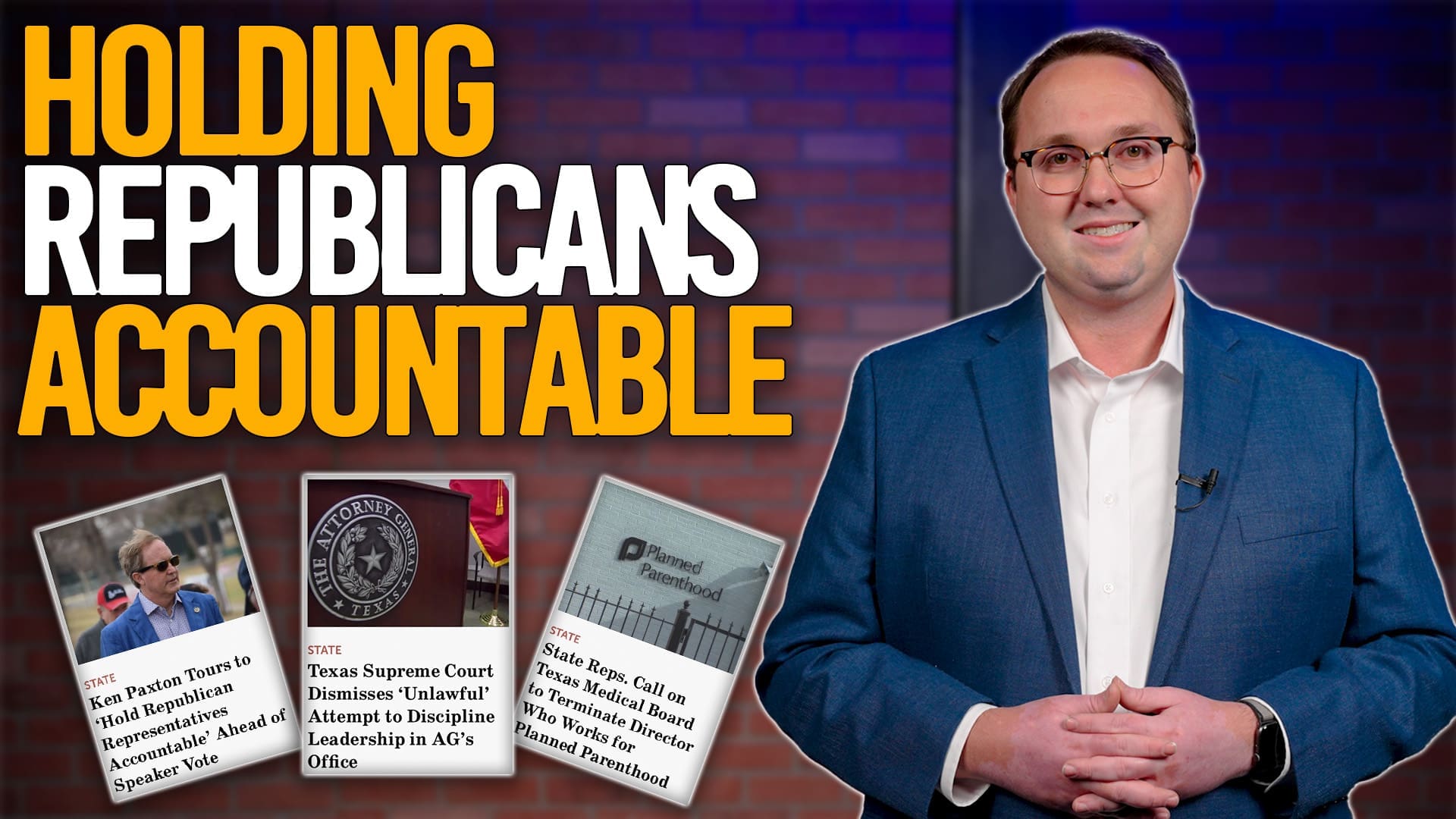There has been much discussion on Capitol Hill this week surrounding legislation that could provide temporary relief to energy providers across the country. The TRAIN Act – or Transparency in Regulatory Analysis of Impacts on the Nation Act of 2011 – would mandate interagency economic analyses of EPA rules and delays two rules on power plant emissions.
I, for one, am thrilled the EPA’s economic “train wreck” could soon come to a screeching halt. The Cross State Air Pollution Rule (CSAPR), in particular, would have negative effects across our economy: the country’s energy reliability would be weakened, monthly utility bills would increase, and power plants would be forced to close their doors; sending thousands of hard-working Americans to the unemployment line. Thanks to an amendment drafted by US Rep. Ed Whitfield (R-KY), the TRAIN Act would ensure a minimum three-year delay of CSAPR.
EPA chief Lisa Jackson recently suggested the agency should “regulate sensibly – in a manner that does not create undue burdens and that carefully considers both the benefits and the costs.” Such a statement is surprising considering the EPA, by their own admission, has not taken jobs or the economy into account when drafting new regulations. Nor have they provided sufficient opportunities for experts to assess the implications of these burdensome regulations.
Unfortunately, Texas is already suffering the consequences of the EPA’s shortsightedness. Luminant Generation Co., a Dallas-based power-plant operator, announced earlier this month that it will be forced to cut 500 jobs and shut down two units at one of its coal-fired power plants if they are forced to comply with the EPA’s unrealistic regulations.
As stated in his Dallas Morning News oped this week Luminant’s own CEO, David Campbell, illustrated why the CSAPR inflicts so much disparately negative economic effects for the State of Texas. Campbell said, “when EPA first proposed this rule, Texas was not included in the annual programs, because EPA’s own modeling indicated that emissions were not high enough to justify including Texas. A year later, EPA reversed course. It not only included Texas, but also required massive reductions in less than six months. Those actions are an unjustified break from its normal notice and comment process for a major new EPA rule. No one can plan for that kind of massive, unexpected change.”
By passing the TRAIN Act this week, Congress has an opportunity to show Americans they are serious about achieving economic stability in Texas and across the country. President Obama stopped short of saying he would veto the TRAIN Act should it reach his desk. I am hopeful that he will see the delay of EPA’s cumbersome pollution rules as a bipartisan issue that, in the midst of economic crisis, would ensure EPA standards are achievable without putting jobs and the reliability of our energy grid at risk.




